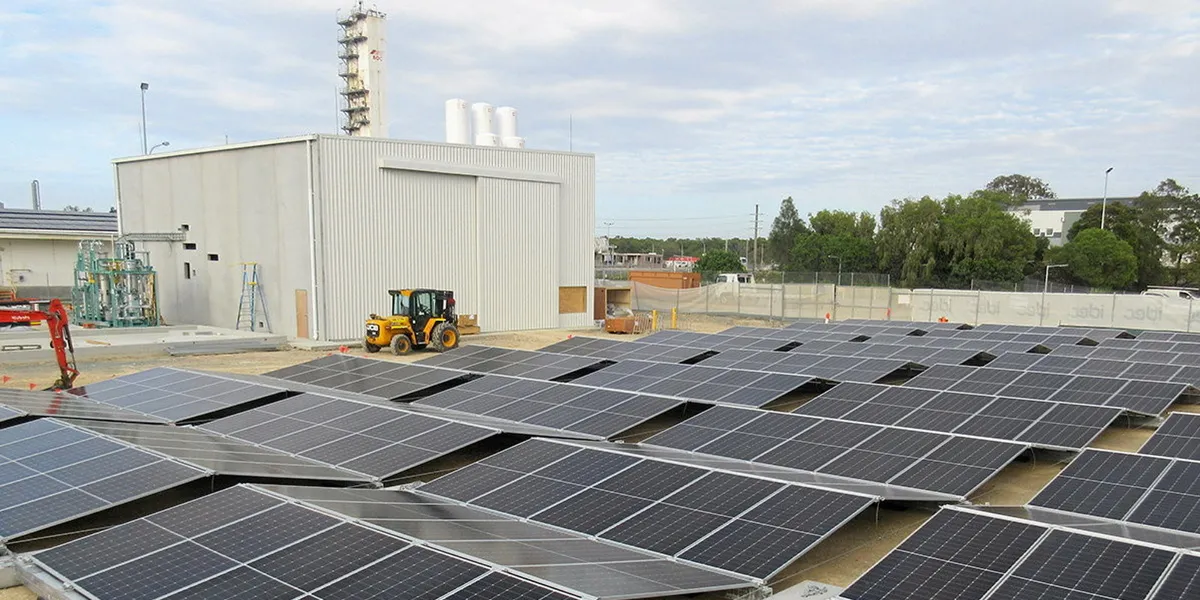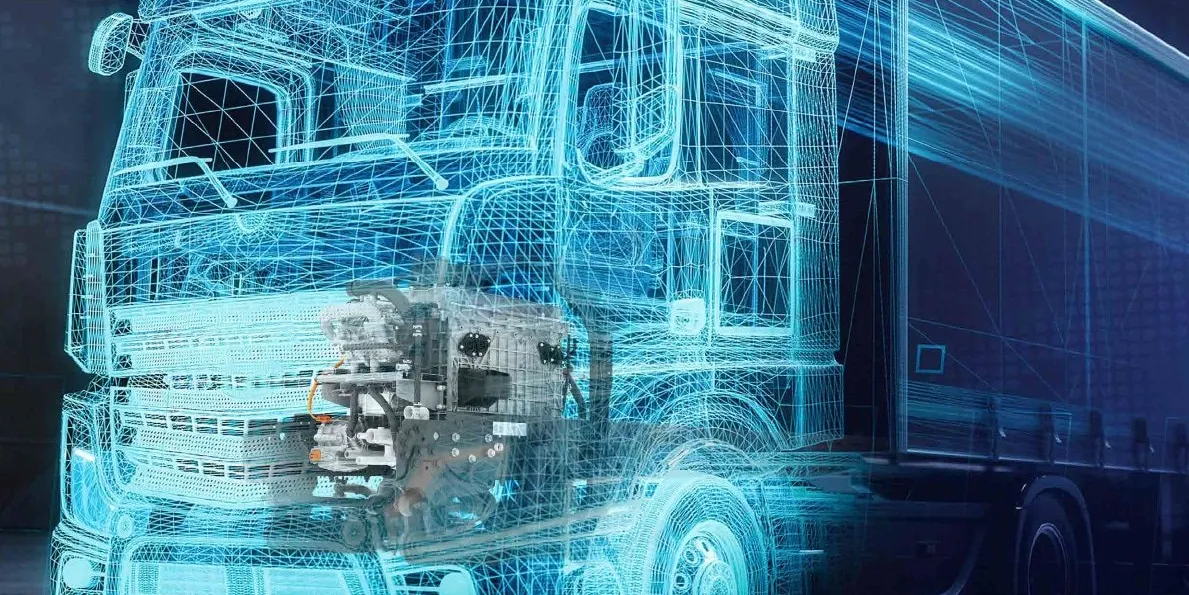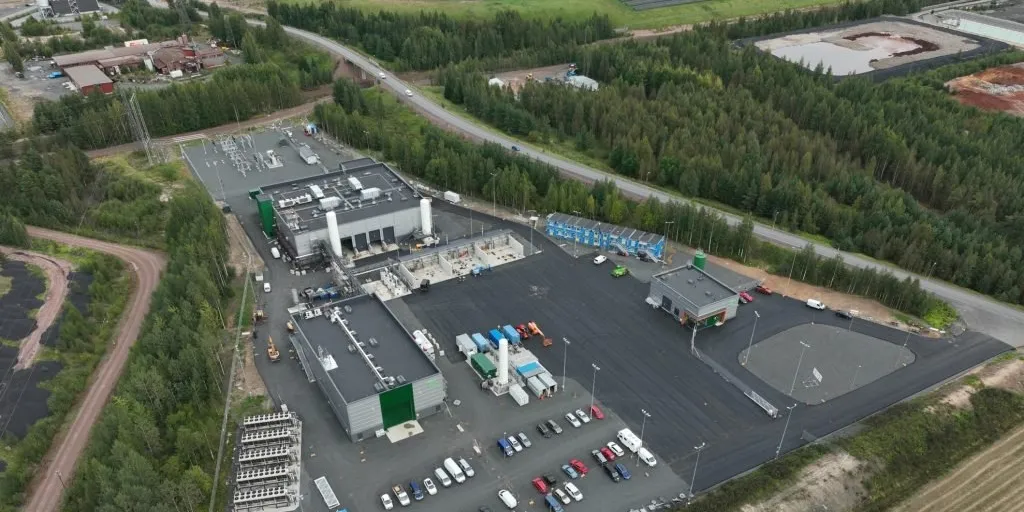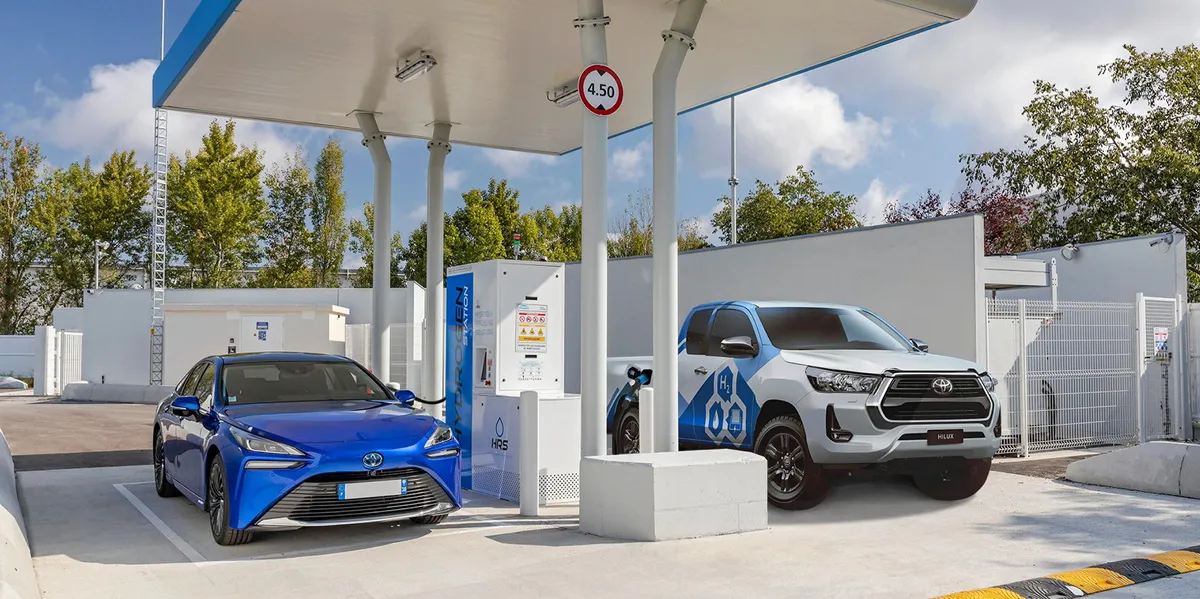
Japanese oil company Eneos has promised to invest A$200m ($130m) into a new type of electrolyser in Queensland, Australia, which can directly produce a liquid organic hydrogen carrier, methylcyclohexane (MCH), from water and a chemical called toluene that is present in gasoline.
The Japanese company had previously installed a 150kW pilot “Direct MCH” plant in Queensland in January, to demonstrate a technology which converts water (H2O) and toluene (C7H8) to oxygen (O2) and MCH (C7H14) in a single step.
MCH is a clear, colourless liquid that has similar properties to other hydrocarbons, meaning it can be stored and transported using standard oil-industry equipment — a far more attractive proposition, in principle, than transporting highly toxic ammonia or liquid H2 that requires temperatures of minus-253°C.
MCH would then be converted back to toluene and H2 at its destination in a high-temperature catalytic process, with the toluene returned to the production site for re-use.
A test shipment of MCH had been sent from the pilot plant in Queensland to Japan as part of the trial, which was then used to fill the tanks of fuel-cell vehicles.
The new plant will have around 5MW of electrolysis capacity capable of producing the equivalent of 680kg of H2 per day, with operations expected to start in 2026.
Construction is scheduled to begin next year, with around 6,000 square metres of land at a former BP refinery site near the Port of Brisbane reserved for the plant.
The project will be built in partnership with Japanese firms Chiyoda Corporation, Sumitomo Electric Industries, TOPPAN and AGC as well as Brisbane-based companies such as GPA Engineering and GRPS.
Eneos’ efforts to produce and ship MCH were commissioned by Japanese government agency New Energy and Industrial Technology Development Organization (NEDO), which has budgeted ¥315bn ($2.1bn) in total towards large-scale hydrogen supply-chain development.
The downsides of MCH are that it is harmful to humans if ingested or breathed in — although not as deadly as ammonia — and extremely toxic for aquatic life, with long-lasting impact in the event of a spill.
Additionally, converting MCH back into toluene and gaseous H2 is an energy-intensive process, plus the toluene has to be returned to the production site for re-use, all of which could significantly add to the costs and carbon intensity of the hydrogen.


